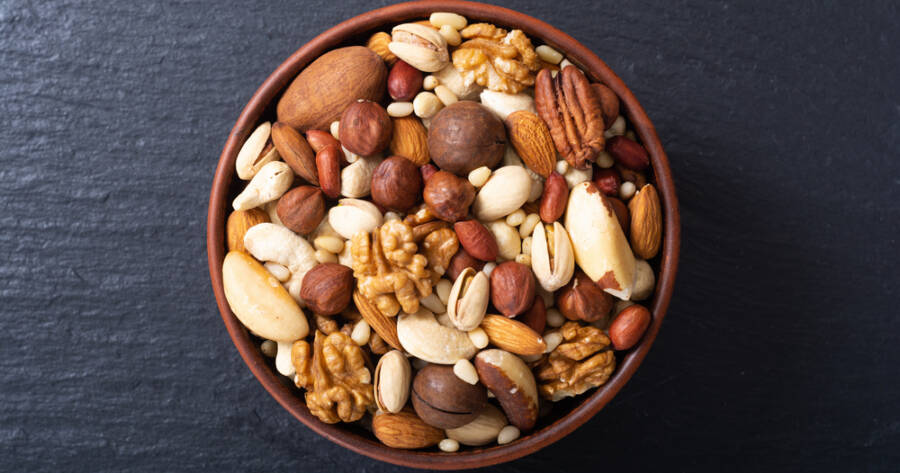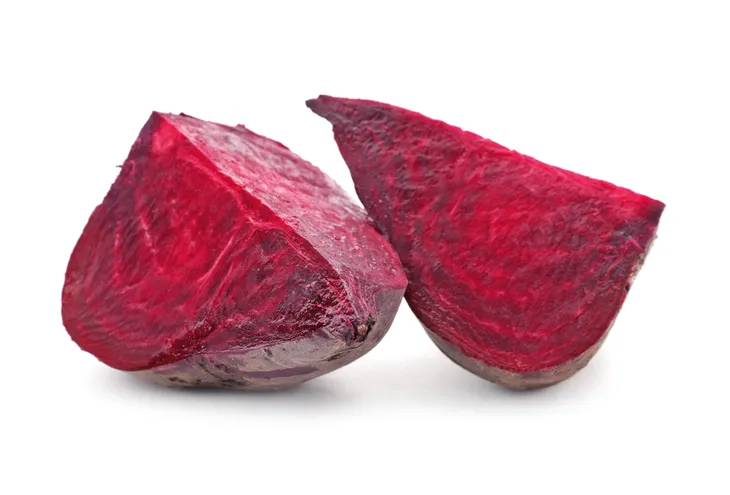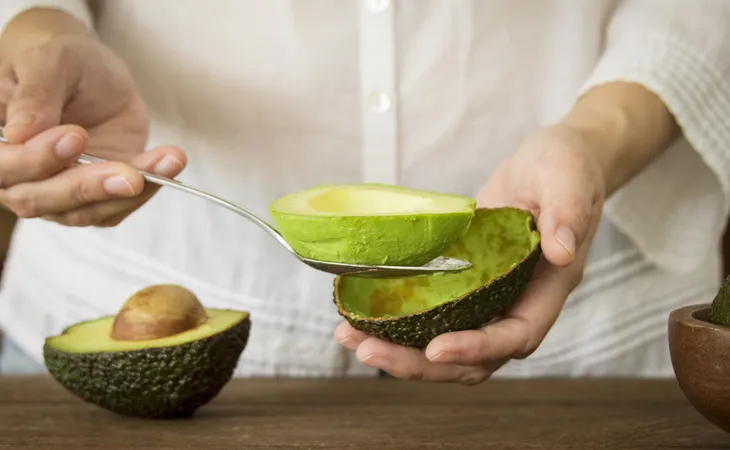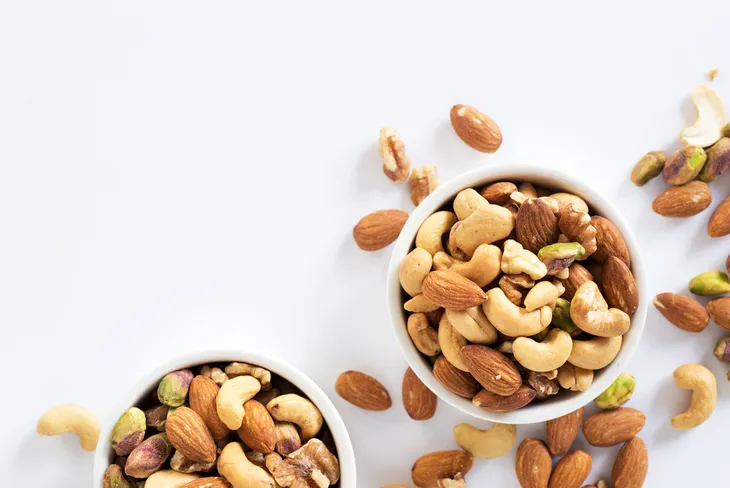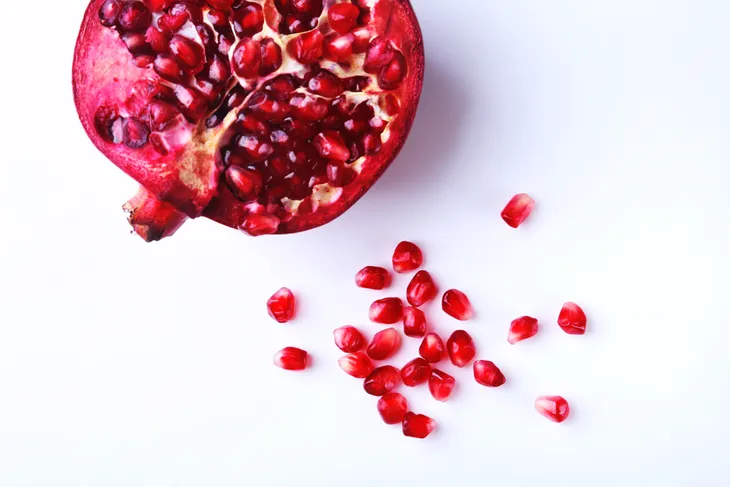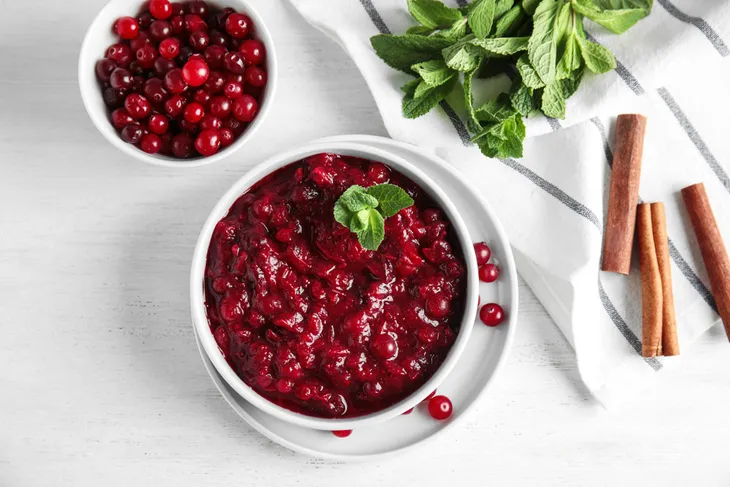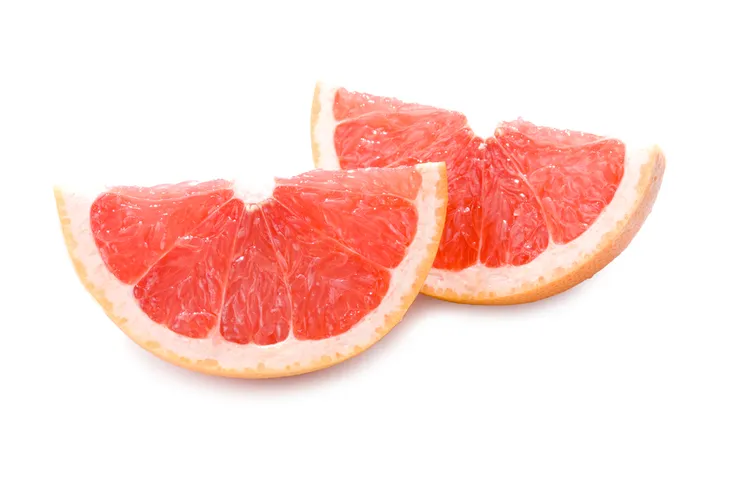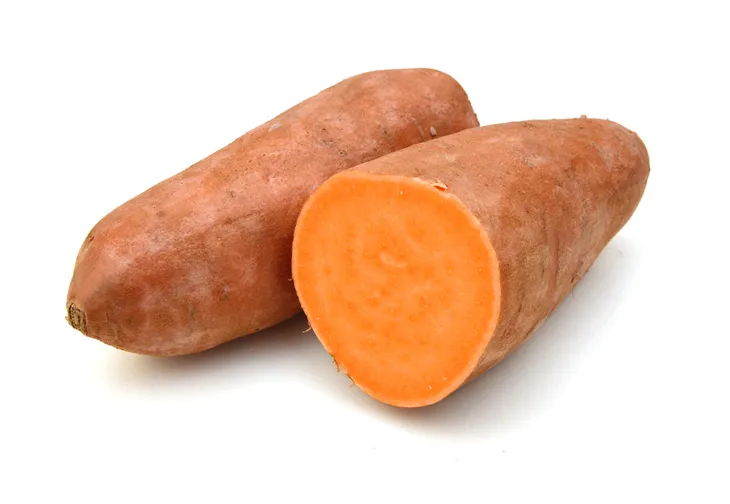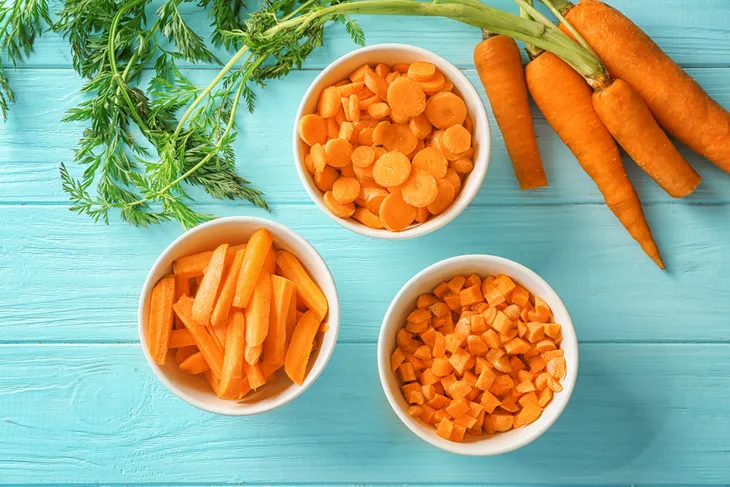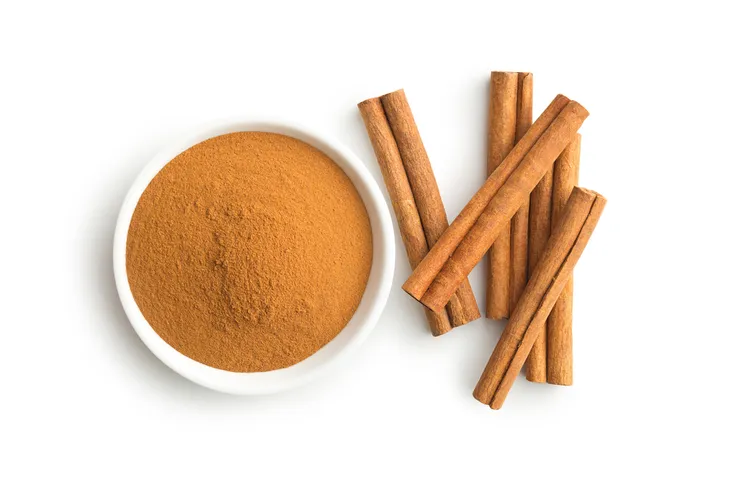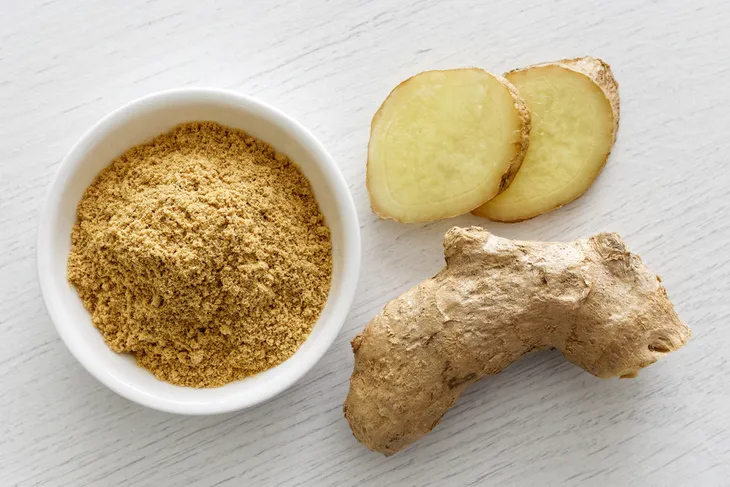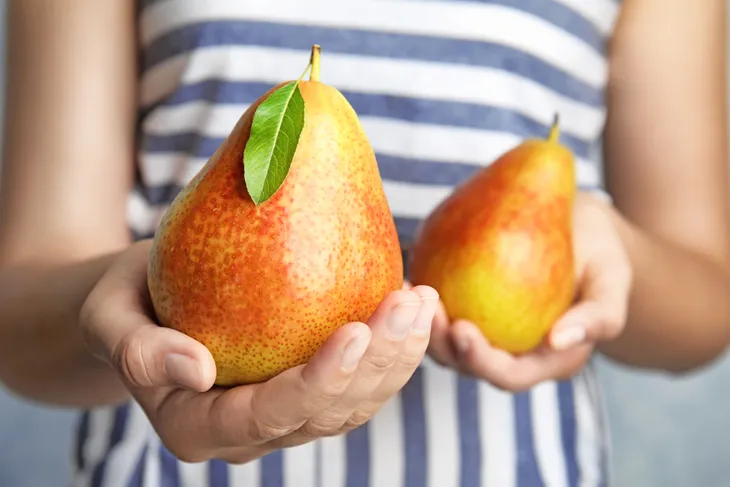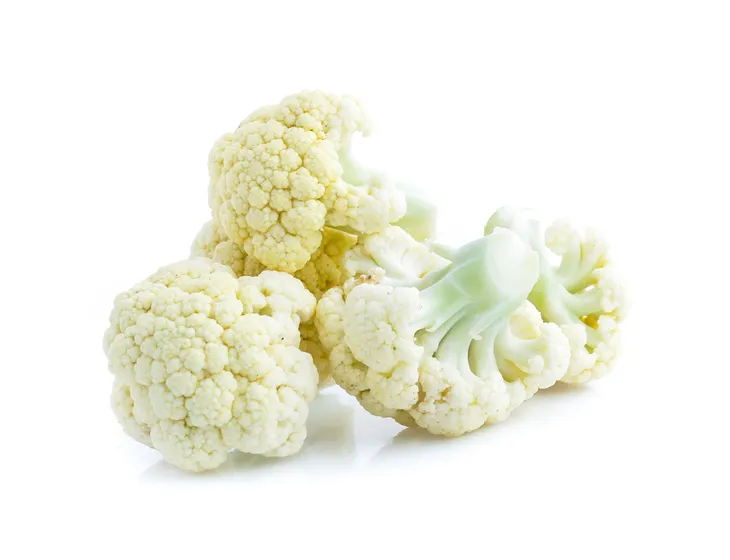Ah, winter. For some regions, that means colder days and longer nights. But it doesn’t mean you can’t enjoy great food and stay healthy while the snow flies outside. In fact, winter might be the most important season of all to maintain a healthy diet, as we tend to move towards warming comfort food more often.
Luckily, there are some superfoods that continue to grow fresh in winter that can boost your immune system and lower your blood pressure, among other health benefits. We’ve also added one or two that provide vitamin D that your body may lack during the colder months due to less sun exposure.
Want diet & nutrition content delivered straight to your inbox? Sign up for our exclusive diet & nutrition newsletter!
Beets
It’s hard to beat a beet for its nutritional value in the dead of winter. It has a lot to offer in terms of vitamins and nutrients, including vitamin C, potassium, and iron. Beets help keep your immune system in check, while also ensuring proper nerve function.
As a bonus, you’ll also get antioxidants from beets that are known to help reduce the risk of cancer and other diseases. Beets can be eaten in a variety of yummy ways – for example, you might put them in a salad, cook them up as a side, roast them up (with a bit of cheese) or even pickle them.
Avocado
It’s more than just delicious on toast – but hey, there’s definitely nothing wrong with avocado toast! And while an avocado delivers more than 77 percent of its calories in fat content, these are healthy fats that can benefit your heart, according to Healthline. More specifically, these fruits contain monounsaturated fat like the kind you’d find in olive oil.
Of course, there are delicious possibilities with an avocado. You can spread it on toast, toss it in salads, add it to your scrambled eggs, or blend it into guacamole. The latter contains lime or lemon juice, and the combination of these with the healthy fats might even help you tackle belly fat and lower your cholesterol.
Nuts
It’s safe to go nuts for nuts in the wintertime. There’s a reason why squirrels gather a whole pile of them before hiding away for the winter! Research has shown that people who consume nuts on a regular basis actually increase their life expectancy, according to Harvard Medical School.
Nuts can have high fat content, but luckily it’s largely the healthy monounsaturated fats that are actually good for you. They also deliver a range of nutrients including vitamin E, magnesium, protein, selenium, as well as dietary fiber to help keep you regular. It doesn’t really matter which nut you choose (walnuts and almonds are ideal in winter) but try to buy them unsalted.
Pomegranate
This fruit is one you should have on your must list during a long, cold winter. They pack vitamins and nutrients such as vitamin C, potassium, and folate, and they’re touted to boost the immune system and may even help relieve pain from arthritis, according to WebMD.
Pomegranates could also have some cancer-fighting abilities. For example, research has suggested that pomegranate fruit extract can help prevent skin cancer, while extract of pomegranate pericarp may be beneficial in the control of breast cancer. You can add the fruit’s seeds to a salad or throw them in plain yogurt, and there’s always the juice route too.
Wild Salmon
If fish is your thing, then you’re definitely going to want to dig into a nice salmon fillet when the thermometer bottoms out and the sun goes to bed early. Salmon contains omega-3 fatty acids that are not only healthy – they might even be effective to help manage some mood disorders such as depression.
Meanwhile, fish is a great alternative to red meat to get your fill of protein – it offers about 20 grams of it per 100 gram serving, compared to 25 grams that you’d get from the same amount of steak. Salmon has been said to help reduce inflammation, and it also contains that elusive vitamin D that’s important for calcium absorption and maintaining immunity.
Cranberries
These tart berries are a favorite at Thanksgiving and Christmas, and for good reason: they’re loaded with cancer-preventing antioxidants. Vitamin C is one of the most potent of the antioxidants you’ll find in cranberries, which can also help you ward off those horrible winter sniffles.
Cranberries are also known for helping you fight off urinary tract infections by dislodging bacteria. However, if you’re on certain types of medications such as blood thinners, try to moderate how much cranberry juice you drink because there could be negative interactions.
Grapefruit
This large citrus fruit is loaded with vitamin C that can give your immune system a needed boost in the winter. But there’s more to this fruit than that – it has also shown to have fat-burning abilities, according to Popsugar.
The source notes grapefruits can help you feel more full for longer, thanks to its rich fiber content. Apparently even the smell of grapefruit can help you curb cravings for holiday sweets by affecting enzymes in the liver, it adds. And last but not least, grapefruit can lower your insulin, allowing your body to burn calories rather than storing them away in the form of fat.
Sweet Potato
Don’t confuse these root vegetables with white potatoes. While they share a similar name, they’re from different families and they have different effects on your blood sugar. While the starch from white potatoes converts into glucose, sweet potatoes have properties that can actually help regulate blood sugar.
The fiber in sweet potatoes helps you digest food more efficiently, and packs a wallop of vitamin A, which helps maintain the normal function of your heart and liver (while also helping improve your night vision, which can be handy when the sun goes down at 5 p.m. during winter).
Carrots
While we’re on the subject of eye health, we should mention that carrots are also helpful for optimal night vision thanks to abundant vitamin A. In fact, beta-carotene, which is converted to vitamin A by your liver, is literally the basis for the word carrot.
But there’s more than vitamin A in carrots. You’ll also get a healthy amount of vitamin C, vitamin K, iron, and more, which can help keep illness at bay. And of course there are many ways to eat a carrot: you can eat them raw, you can steam them, or you can use them as a base for soups that will warm you up in the colder months.
Cinnamon
Okay, so this isn’t something you’d eat on its own (unless you’re very adventurous.) But this “superspice” can be beneficial during the winter because it can help keep your blood sugar on an even keel, while busting bad cholesterol and giving your metabolism a kickstart.
Healthline also touts its medicinal benefits, with a history for treating ailments dating back to Ancient Egypt. For example, it is loaded with antioxidants, and the source says it also helps prevent chronic inflammation that can lead to health issues. For those who struggle with regulating glucose in the blood, cinnamon could be an ally by helping reduce blood sugar, while also reducing the risk of type 2 diabetes and metabolic syndrome. It may even help improve motor function in patients with Parkinson’s disease, it adds.
Ginger
Again, not something you’re likely to munch on by itself. But ginger is a root vegetable that not only adds warming flavor but also can act as a natural antibiotic according to Medical News Today. If you’re feeling a bit nauseous from overeating or a virus, ginger can also help settle your stomach.
There’s a chemical in ginger aptly called gingerol that can also fight against inflammation, while being a natural pain blocker, which can benefit osteoarthritis patients in particular. Try putting some powdered ginger in tea, or drop it into your stir-fry. It’s also great as a way to add zing to a fish dish, or as an additive in a smoothie.
Pears
These are a healthy alternative to apples, as the softer pears can be easier to chew for people with teeth sensitivity. They are also loaded with fiber – about 6-grams, which is about a quarter of your daily needs. So it not only will help you be more “regular”, it can also actually aid in weight loss if that’s your goal.
A high fiber diet can help regulate your cholesterol levels, which can help you manage your heart health. They’re also pretty rich in folate, which is good news for expecting moms over the winter: folate helps to prevent certain birth defects and encourages healthy development according to WebMD.
Cauliflower
This cruciferous veggie can be prepared in many ways – you can add them to a casserole, make them into rice, and put them in soup. Or you can simply steam or roast them. They also pair well with garlic and take well to spices. Flour made from cauliflower is becoming more popular – so don’t be surprised if you see pizza crust recipes calling for this gluten-free alternative.
The winter superfood is packed with omega-3 acids, which as mentioned can help you combat the winter blues (and even clinical depression). They also contain antioxidants, fiber, as well as choline that can help your brain stay sharp. Because of the high vitamin K content, consult with a doctor if you’re on blood thinners before you make cauliflower a regular staple of your diet.
